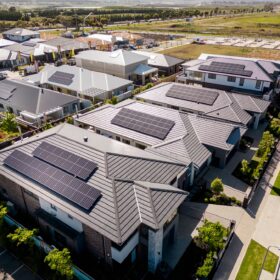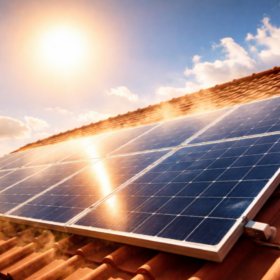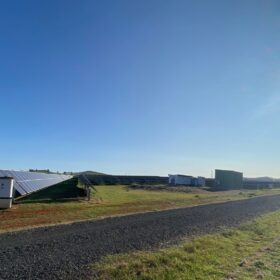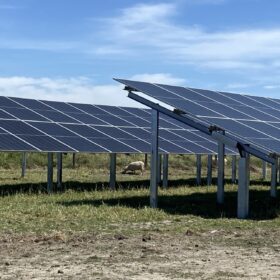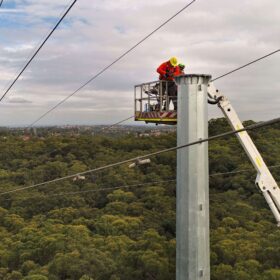Residential batteries boom in Victorian regional city
The regional Victorian city of Bendigo has outpaced Melbourne for its uptake of residential batteries under the federal government’s Cheaper Home Batteries program.
Global-warming-induced degradation could raise rooftop solar LCOE by up to 20%
A global study finds climate change will sharply increase high-temperature risks, accelerate degradation, and raise costs for rooftop PV, with economically disadvantaged regions hit hardest. Researchers warn current IEC standards underestimate future risks, urging urgent updates to avoid stranded assets and rising electricity costs.
450 MW Queensland solar farm to progress without further federal assessment
The Australian government has given the 450 MW Wooderson Solar Farm in Central Queensland a green light to progress without further federal assessment.
Investment rally coincides with renewables records in NEM
A record five large-scale renewable energy generation projects totalling 1.2 GW of capacity reached financial close across Australia in the last quarter but industry figures say more needs to be done to ensure that investment momentum continues.
Research reveals impact of agrivoltaics on soil properties
New research shows how agrivoltaic systems can reshape soil by altering moisture, temperature, and microbial activity, creating heterogeneous zones under and between panels. Proper design and management can boost soil health and crop resilience, especially in degraded or arid regions, though long-term effects remain uncertain.
Enphase releases new control software for its IQ8, IQ9 microinverters
The United States company said its Power Control software is designed to help installers reduce costs and streamline interconnection. Among its features is the ability to control aggregate system exports through software-based limits.
New algorithm reduces solar module temperature during clipping, curtailment
UNSW researchers have developed a thermal-aware tracking algorithm that reduces solar module temperatures and UV exposure during inverter clipping and curtailment, slowing degradation without lowering AC output. Tested in Chile’s Atacama Desert, the strategy was found to lower module temperatures by up to 7.7 C.
Hinen launches 15 kW three-phase hybrid inverter
The Chinese manufacturer said its 15 kW three-phase low-voltage hybrid inverter is paired with the stackable BP5000 5 kWh battery supporting up to 120 kWh. It features three MPPTs, 150% oversized PV input, and smart load management for optimised self-consumption.
Humelink West cuts diesel use with hybrid solar power system
Transgrid’s HumeLink West project is cutting diesel use to just one hour per day by using a hybrid solar power system at a substation site.
Solar energy chips in 16% of Victoria’s renewable energy target
Solar energy has chipped in 16% of Victoria’s 40% 2025 renewable target, which itself has been smashed with green energy powering a solid 44.6% of the state’s electricity in that year.
